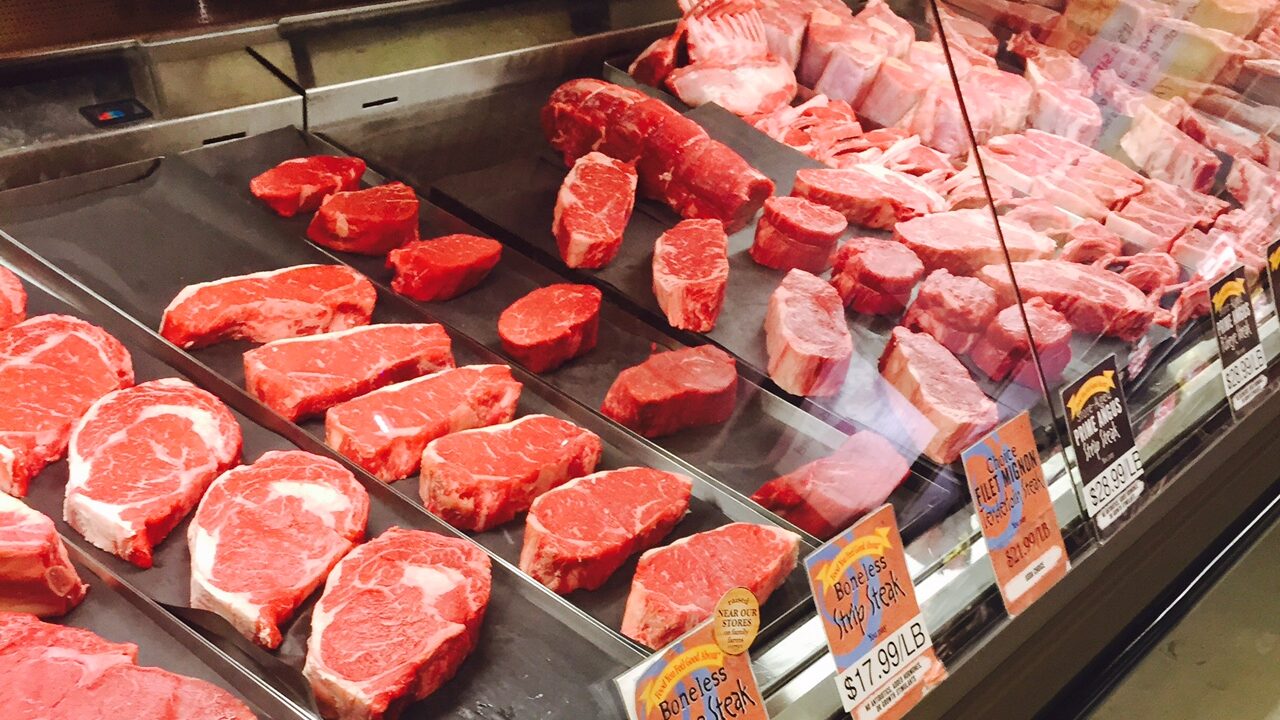Some meat products may not actually contain the ingredients that are listed on its labels, according to a recent report from the BEUC (The European Consumer Organisation).
The report says that consumers have no option but to rely on food labels to help inform them in their purchasing decisions, but it highlighted that some labels are untruthful.
According to the organisation’s Close-Up on the Meat we Eat Report, meat-based foods might not always live up to consumers expectations when labels are not always 100% clear.
Smart tactics make lower quality meat products more attractive
The report revealed that some labels may be fraudulent and misleading due to smart tactics food manufacturers resort to which gives lower-quality products appealing and misleading names.
According to the BEUC report, consumers can have a hard time distinguishing between pure fresh meat and meat preparations and can often find themselves buying a prepared product instead of a 100% meat product.
Some meat products can contain lower than the stated volumes of meat which is contrary to the Quantitative Ingredient Declaration legislation, it says.
According to the BEUC report, some processors and manufacturers water down meat products, when the water content exceeds 5% it should clearly stated on the label.
Portuguese Minced meat contains harmful additives
The use of additives was also highlighted and it illustrated the widespread misuse of sulphites in Portugal where 23 out of 26 fresh minced beef samples contained this additive.
It added that these food additives are forbidden in fresh meat as it can cause severe allergic reactions which include headaches, nausea, asthma or even in very serious cases anaphylactic shock.
The report also revealed that the meat in kebabs, salami and similar food might not live up to consumers’ expectations, while another recent report illustrated that processed food may be carcinogenic.
This was the case in Spain where it highlighted the frequent presence of undeclared poultry and turkey mechanically separated meat in kebabs sold to consumers as veal.
40% of tested lamb takeaways were contaminated with other meats
The report also illustrated that consumers are also hoodwinked by unscrupulous producers do not clearly identify the meat species present it their products.
In the UK, 40% of tested lamb takeaways were contaminated with other meats such as beef and chicken. Some did not contain a single gramme of lamb, says the BEUC.
Commenting on the findings of the report, the BEUC’s Director General Monique Goyens said that consumers should be able to trust labels on the food products they purchase.
“Consumers should be able to trust the label on the food they buy. If we are serious about rebuilding confidence in meat, EU Member States need to beef up controls and make sure labels are complete and accurate.
According to Goyens consumers could feel they are buying a product containing 100% meat but may feel deceived following the disclosure of the full list of ingredients.
Those purchasing fresh beef made to look as if it is 100% meat may feel deceived to discover additives in the ingredient list.
“Also, consumers buying roast pork or grilled sausages should know from the label how much meat they really contain. No one wants to buy water for the price of meat.”
